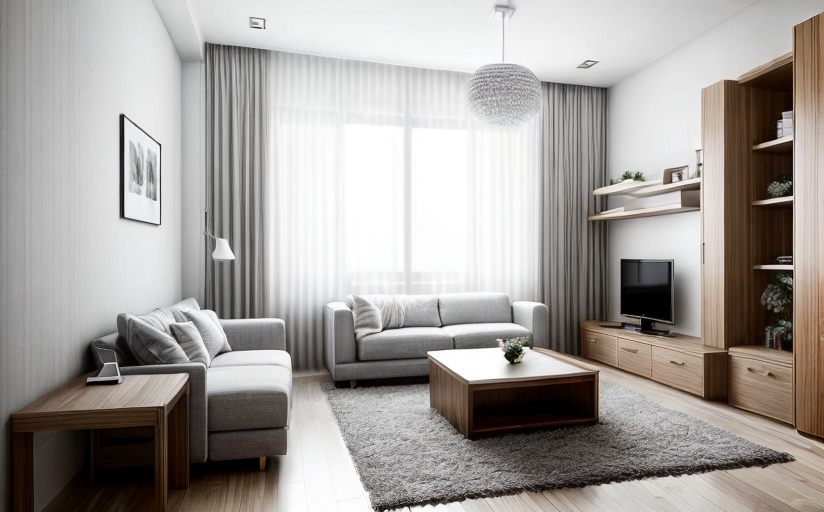Unlocking Mental Health Benefits through Minimalist Living
Minimalism has gained tremendous popularity in modern society, providing a constructive methodology for dealing with the rampant consumerism and constant information overload we experience daily. This lifestyle inspires people to strip away excess and focus on the essentials, thus embracing a more meaningful and peaceful existence. But how does minimalist living influence our mental health?
Understanding Minimalist Living
Minimalism is not merely a style or trend; it's a philosophy and way of life. It involves consciously reducing material possessions, eliminating distractions and noise from our lives, and focusing on what genuinely matters. Be it decluttering our living spaces, simplifying our relationships, or reassessing career goals, minimalism touches every aspect of life.
The Mental Health Benefits of Minimalism
1. Decreased Anxiety
Data from ScienceDirect Journal indicates that clutter can increase our cortisol levels, the hormone responsible for stress. A minimalist approach, on the other hand, reduces this clutter-induced anxiety.
2. Lower Stress Levels
A simplified, ordered environment can lead to lower stress levels. Consider renowned author and minimalism advocate, Fumio Sasaki, who expresses that freeing himself from material possessions brought him relief from life burdens, leading to less stress.
3. Improved Mood
According to a study in the Journal of Psychosomatic Research, people who identified their homes as cluttered also described their home life as more stressful, thus leading to a decrease in overall happiness and mood.
4. Enhanced Focus
Psychologists at Princeton University found that physical clutter competes for our attention, leading to decreased performance and increased stress. But minimalistic living, with less clutter and distraction, allows for better concentration and productivity.
The Science and Psychology Behind Minimalist Living
The act of decluttering could be therapeutic because it gives a sense of control over one's environment, says Randy O. Frost, a professor of psychology at Smith College. Simplifying material possessions may also reduce fear, increase happiness, and provide a path toward finding purpose in life.
Incorporating Minimalistic Principles into Daily Life
Embrace minimalism slowly and strategically. Begin by discarding items that are not useful or bring you joy. Dedicate spaces for essential items and keep surfaces clean. Mute unnecessary notifications on your devices, limit television time, and set aside quiet time for contemplation. Understand, it's not about giving up what you love but revealing it by removing what distracts from it.
The minimalist lifestyle is about embracing simplicity and clearing space in your life for what truly matters. And as we’ve seen, this lifestyle brings significant mental health benefits which are transforming lives all over.



















Comments
Leave a Comment